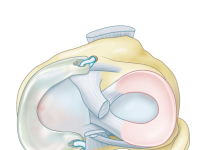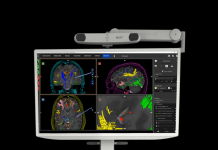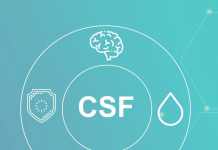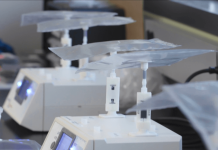ArtiFascia integrates two layers of electrospun nanofibres to create biomimetic scaffolds and a non-porous barrier layer.
Nurami Medical has received the US Food and Drug Administration’s (FDA) 510(k) clearance for its resorbable Dural repair graft, ArtiFascia Dura Substitute.
Sales of the electrospun nanofibre-based product will commence in the upcoming period in the US.
The clearance from the FDA is based on data from the company’s randomised clinical study.
The trial, involving 85 patients, demonstrated better performance against the primary endpoint of cerebrospinal fluid (CSF) leakage prevention, among other safety and surgeon preference measures.
Neurosurgeries involve the replacement of the Dura Mater, a protective layer for the brain and CSF.
ArtiFascia integrates two layers of electrospun nanofibres for creating biomimetic scaffolds and a non-porous barrier layer.
This structure has dual functions: the scaffolds are designed to promote the regeneration of durable tissue and fast healing and the barrier layer is specifically crafted to prevent CSF leakage from suture holes and bacterial penetration.
ArtiFascia, which is similar in thickness to native dura, can be easily sutured, enabling a reduction in healthcare costs and surgeon workflow. It is durable, synthetic, pliable, fully absorbable and easy to handle and cut.
Nurami co-CEO Hannoch Marksheid said: “This is an important milestone in Nurami’s efforts to modernise soft tissue repair.
“ArtiFascia is a novel alternative for Dura repair, addressing dangerous CSF leaks and infections at the surgical site while promoting Dura regeneration.”
Co-founded by Dr Amir Bahar and Nora Nseir Manassa in 2014, Nurami is engaged in the development of implants and sealants utilising electrospun fibres and advanced materials.




